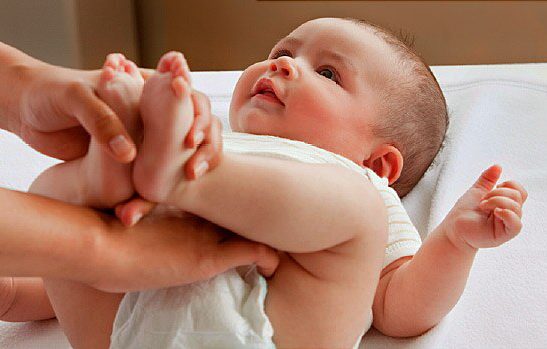“Baby Diapers”
You can choose disposable diapers, washable diapers, or a mix of both.
Disposable diapers are more absorbent, will keep your baby drier longer, and are more convenient. But they are more expensive in the long term than cloth diapers. They need to be disposed of properly, and they generate a significant amount of trash.
Cloth diapers require some investment upfront, but because they are reusable, they will save you money over time. However, they must be thoroughly and Washed and dried. You can get a diaper that includes a waterproof outer layer or buys separate liners to contain wetness. If you use cloth diapers, it’s a good idea to wash them before putting them on your baby for the first time. If you wash them yourself, skip the fabric softener which can make diaper less absorbent. Instead, add 1/2 cup of with vinegar to the final rinse.
“Which is greener?”
It isn’t clear which is truly greener, but eco-conscious parents at least have a growing number of options to consider. Flushable diapers offer the convenience of disposables with less waste going into the trash. Biodegradable diapers are somewhat misleading—- nothing fully biodegrades in a landfill. You can also buy compostable diapers, but you need to consider what to do with them after they’re used.
Similar environmental arguments are made for and against commercial baby wipes. Wipes are convenient and easy to use and reactions to chemicals in wipe are rare. You can buy alcohol – and fragrance–free wipes, or you can simply use a washcloth to clean your baby.
“Changing a girl’s diaper”
If you’re changing a girl’s diaper, you need to be careful to wipe front to back. With your baby lying on her back, start cleaning from the lowest part of the abdomen over the genital area and proceed back toward her anus to minimize the risk of spreading fecal bacteria to the vaginal area. Once a cloth or wipe has feces on it or has been near the anus, it shouldn’t be used to clean near the vagina. In older girls, improper wiping technique has been shown to increase the risk of urinary tract infections, which are usually caused by germs originating in feces.
The front-to-back technique isn’t as necessary for boys. They have different anatomy and there’s more distance between the anus and the urethral opening. But still, be careful: When your baby boy’s diaper is removed, the exposure to the air may prompt him to urinate — and you could get squirted. Hold a clean area of the diaper over his penis for a few moments or drop a clean washcloth over it to catch any urine.
